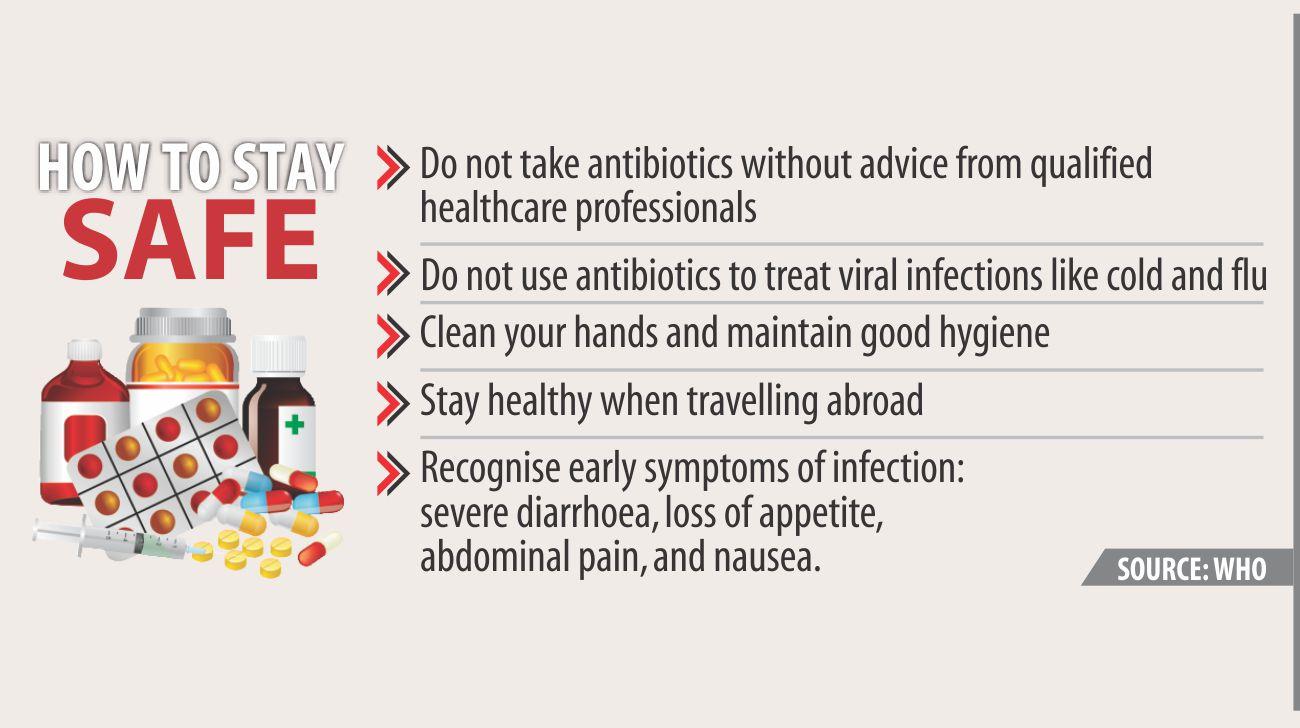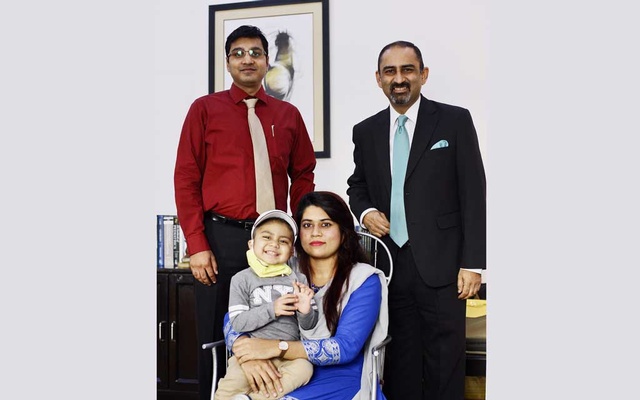Surgeries stop as stent suppliers enforce wildcat strike over govt move to fix exorbitant pricing

The situation initially stunned and then angered doctors, patients and their relatives.
Patients and their relatives said patients were taken to catheterisation laboratories and surgeons were about to start the process of implanting the stents, a spring-like metal device used to prop open blocked artery of the heart, when they learnt the stents were not delivered.
Hospitals, especially public hospitals, do not keep stents in stock as they are expensive and hospitals are unable to preserve them. Stents are usually ordered and delivered on demand.
Faruqul Islam, 65, a cardiac patient from Magura admitted to the Bangabandhu Sheikh Mujib Medical University (BSMMU) for four days, was scheduled to have a stent implanted yesterday.
His son Sabbir Ahmed told The Daily Star, “My father was taken to the operation theatre in the morning. We wished him the best for the surgery, but after some time we got to know about the strike and the doctor could not implant the stent.”
He said some traders played with the life and emotions of patients and their relatives by holding them hostage. “None has the right to play with life … I am deeply saddened and frustrated by it.”
The government must take action against those responsible for this, he said.
A relative of Sheuly Begum, a patient who had been scheduled to have a stent implanted at the National Institute of Cardiovascular Diseases (NICVD) yesterday, echoed the same.
Prof ASM Mustafa Zaman of cardiology department at BSMMU, who was scheduled to implant stents in at least 10 patients’ hearts at the BSMMU yesterday, said he had carried out angiograms on five patients before he was told the stents had not been delivered.
The professor called one of the suppliers but the supplier said they were on “strike” and that there would be no deliveries.
“I requested the supplier repeatedly to provide at least a few stents to meet the emergency needs but the supplier declined,” Prof Zaman told The Daily Star.
He said the patients who had already undergone angiograms were sent back without their stents implanted. Patients in queue for the angiogram and the implant returned home.
A cardiologist at the NICVD shared a similar experience.
“Heart patients had to suffer a lot. This is quite absurd,” the doctor said requesting anonymity.
The situation was the same in other major public hospitals.
According to cardiologists, over 100 patients get stents implanted every day.
The “strike” comes after the government moved to fix the prices of stents, as high prices of stents in Bangladesh was affecting poor patients. Some patients opted to go to India to get their stents implanted as it was much cheaper there.
Director General Mustafizur Rahman of the Directorate General of Drug Administration (DGDA) on April 18 told journalists that four stent supplying companies said they would sell one type of stents for Tk 25,000 and another type for Tk 50,000.
However, some media outlets reported that the lowest price of stents was fixed at Tk 25,000 and the highest at Tk 50,000. This created confusion among stent suppliers, he told this newspaper.
He said stent importers met them at the DGDA office and they clarified the matter. They asked suppliers not to do anything that could hamper treatment of patients.
“There was no problem with supply after 12 noon,” he claimed.
Bangladesh Medical Device Importers Association President Gazi AK Shaheen refused to admit that the stent suppliers went for an undeclared strike.
He said there was a misunderstanding over the fixing of stent prices and their leaders had a meeting with DGDA officials yesterday. “Everything was clarified. We are supplying stents,” Shaheen told The Daily Star.
Currently, patients have to pay between Tk 80,000 and Tk 1.5 lakh for a single drug-eluting stent at a public hospital while some private hospitals charge almost double, according to cardiologists.
India in February slashed stent prices and fixed maximum Rs 30,000. Cardiologists feared heart patients needing stents would be now rushing to India for the treatment.
There are 47 types of registered stents implanted in Bangladesh. Twenty one companies import those.
The DGDA recently formed a committee on fixing their prices.
The DG of DGDA said, “We are in the process of fixing prices of all these brands based on their import cost.”
Source: The Daily Star









